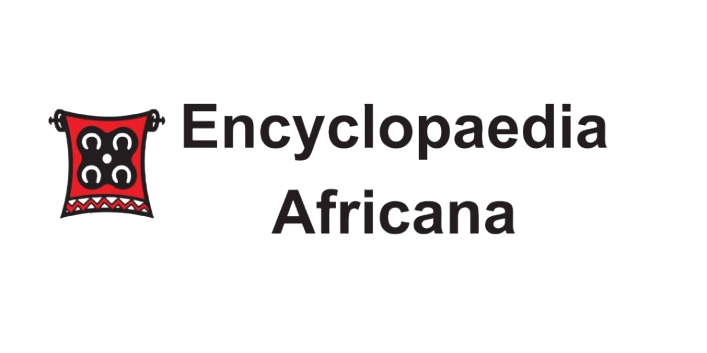MORODA, GABRA EGZIABHER
- 2 Min Read
Moroda (1844-1888), the second ruler of the kingdom of Leqa in what is now the province of Walaga, in Western Ethiopia, reigned from 1871-88.
He was the son of Bakare, and was born at Komebo, 22 mi (35 km) south of Nakamte, in Walaga province. He participated in his father’s conquests, and continued them after his accession. He reconquered Walaga, including Huru, and incorporated the districts of Gimebi, Genji, and Jejjo, all in Walaga province, into his domain. He also crushed several revolts against his centralised government.
In the second part of his reign, Moroda had to settle his relationships with his powerful neighbours, King Takla Haymanot of Gojam, and King Menilek of Shawa, later to become Emperor Menilek II. Takla Haymanot was the first to send a strong force, under Ras Darassu, against him.
Moroda did not resist, however, but sent his brother Dibaba to meet Darassu with a tribute of gold. He himself met Darassu at Digga, 8 mi (13 km) west of Nakamte, and was there baptised with his followers, and given the title of Dajazmach, in February 1881.
When Menilek’s general, Ras Gobana Dachi, also appeared to put forward the claims of the king of Shawa, Moroda again sent Dibaba with tribute. At Tulu Amara, 46 mi (75 km) east of Nakamte, he met Gobana, who reaffirmed his title of Dajazmach.
When Takla Haymanot was defeated by Menilek at the battle of Embabo in 1882, Walaga was incorporated into the kingdom of Shawa, but retained a certain autonomy with Moroda remaining at its head. He won converts for Christianity, and made some improvements in the government.
STANISLAW CHOJNACKI


